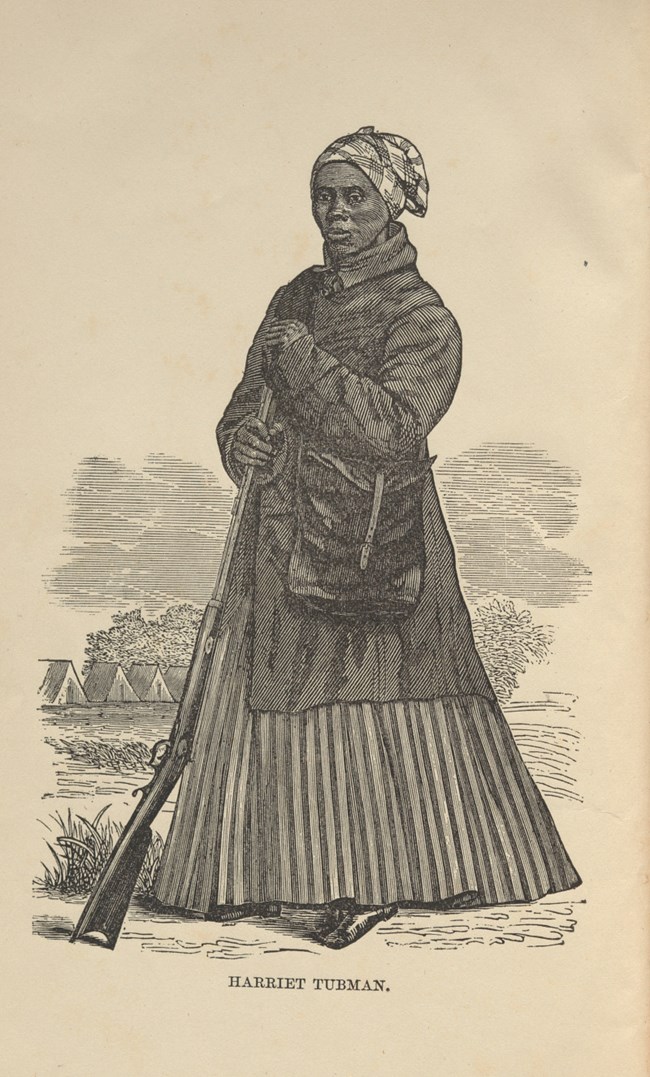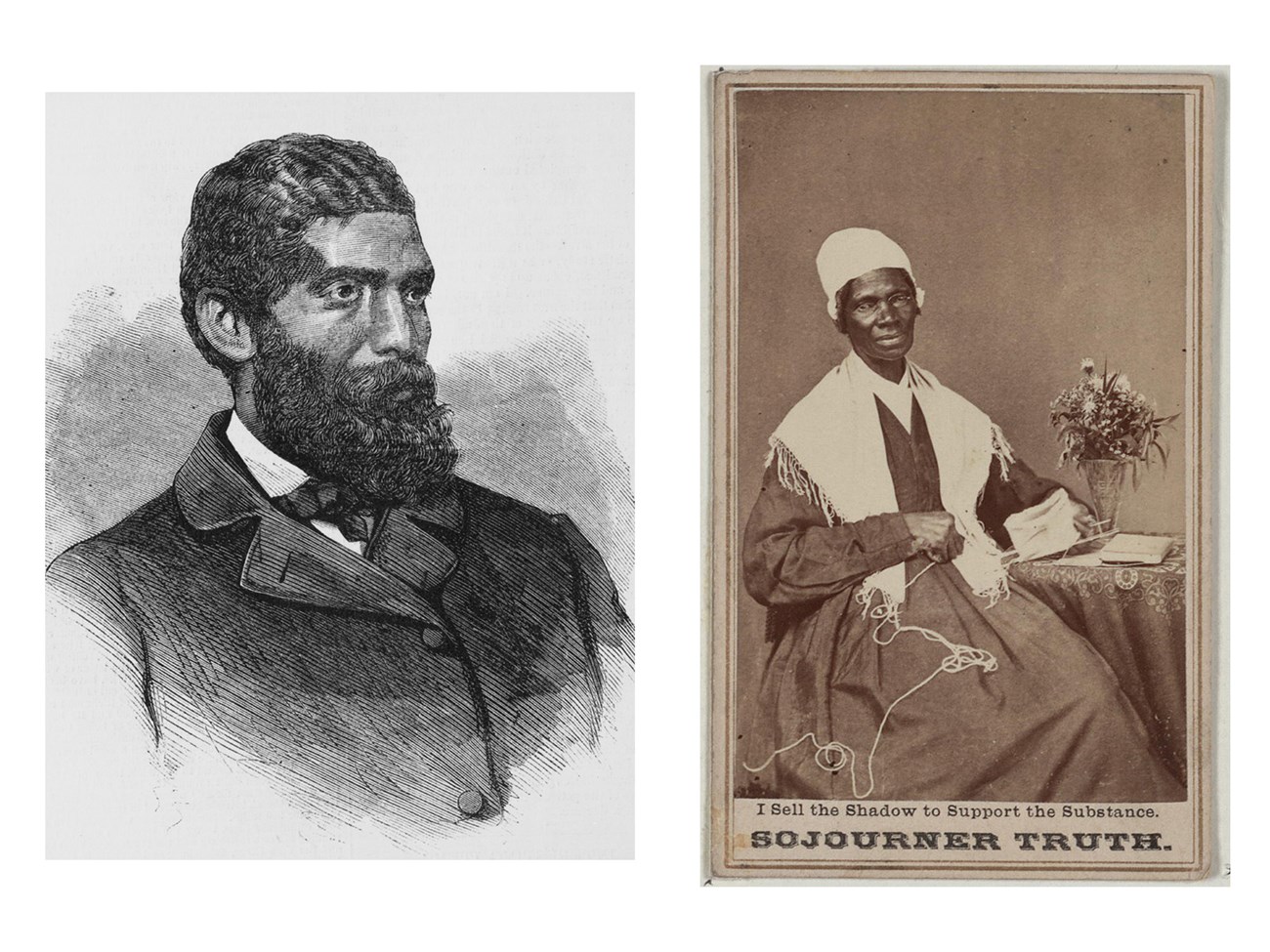Last updated: July 18, 2025
Article
Harriet Tubman's Boston: 1864
The following article is part of a series exploring Harriet Tubman's deep connections to Boston, highlighting several key moments, people, and places that illustrate her long relationship with the city and its community. To learn more, visit Harriet Tubman's Boston.

National Portrait Gallery
Nurse, Scout, and Warrior
John S. Rock House, 83 Southac (Phillips) Street
During the Civil War, Massachusetts Governor John A. Andrew met with Tubman and sent her to Port Royal, South Carolina.1 She served as a nurse and scout and commanded the successful Combahee Ferry Raid. Following the tragic assault on Fort Wagner, Tubman nursed the wounded members of the 54th Massachusetts, one of the first Black regiments to serve in the war.
In the summer of 1864, she received a furlough from the Army to return north. She came to Boston in early August to visit with her abolitionist friends. While here, she stayed at the home of Dr. John S. Rock, one of the leading activists in the African American community.2
During this visit she first met Sojourner Truth, a fellow abolitionist and advocate for African American and women's rights.3 The two discussed the merits of President Lincoln. Truth supported Lincoln and had even campaigned for him. Tubman, on the other hand, remained skeptical. Given her service in the war, she deeply resented Lincoln's policy of paying Black soldiers less than their White counterparts. She later said:
You see, we colored people didn't understand then that he was our friend. All we knew was that the first colored troops sent South from Massachusetts only got seven dollars a month, while the white got fifteen. We didn't like that...Yes, I'm sorry now I didn't see Mr. Lincoln and thank him.4

Library of Congress
Footnotes
1. Kate Clifford Larson, Bound for the Promised Land: Harriet Tubman, Portrait of an American Hero (New York: One World, 2005), 196.
2. Kate Clifford Larson, email message to author, November 6, 2018.
3. Larson, Bound for the Promised Land, 226.
4. Earl Conrad, Harriet Tubman: Negro Soldier and Abolitionist (New York: International Publishers Co., Inc. 1942, 1976), 41.
